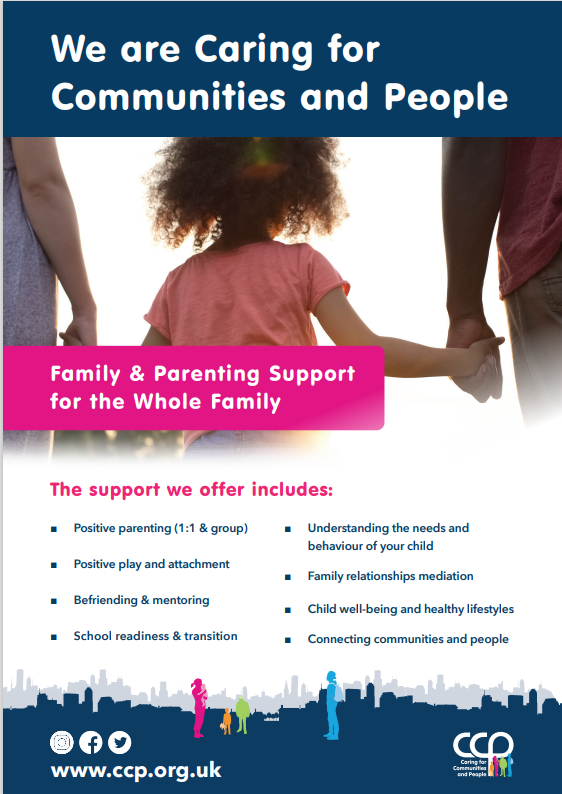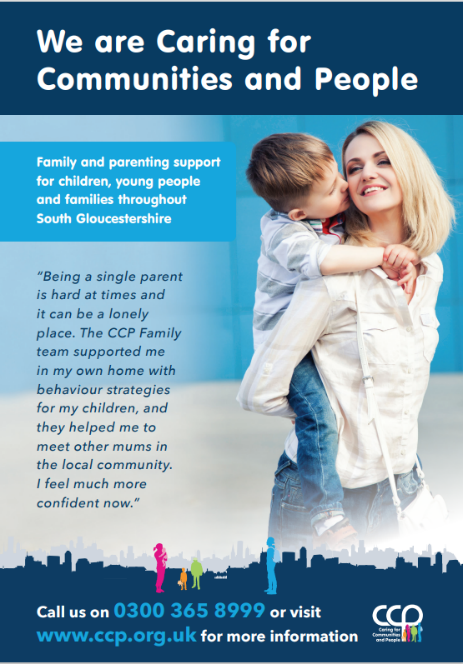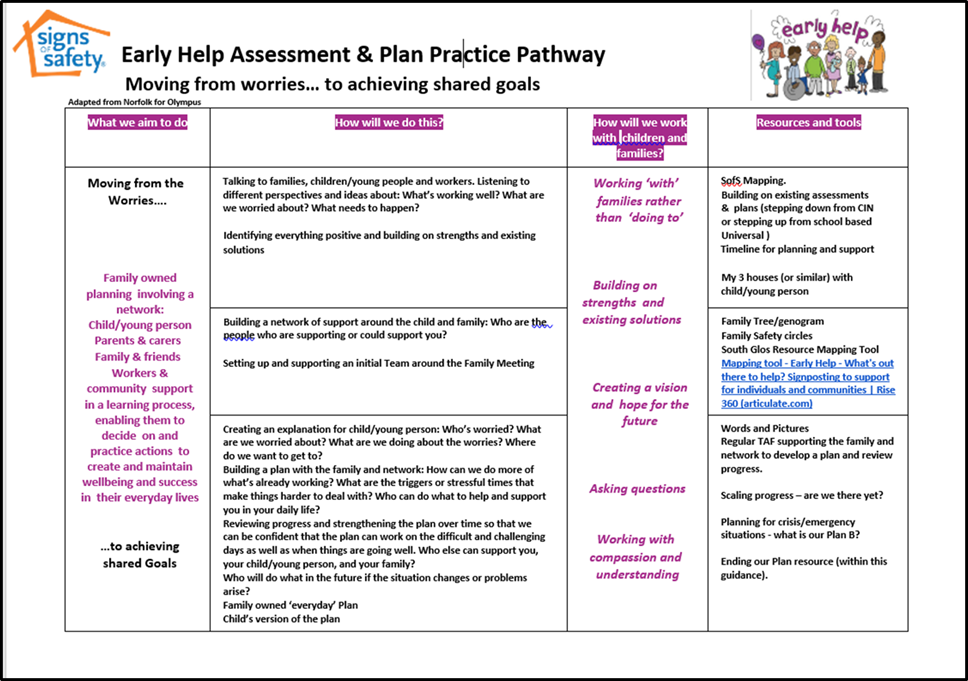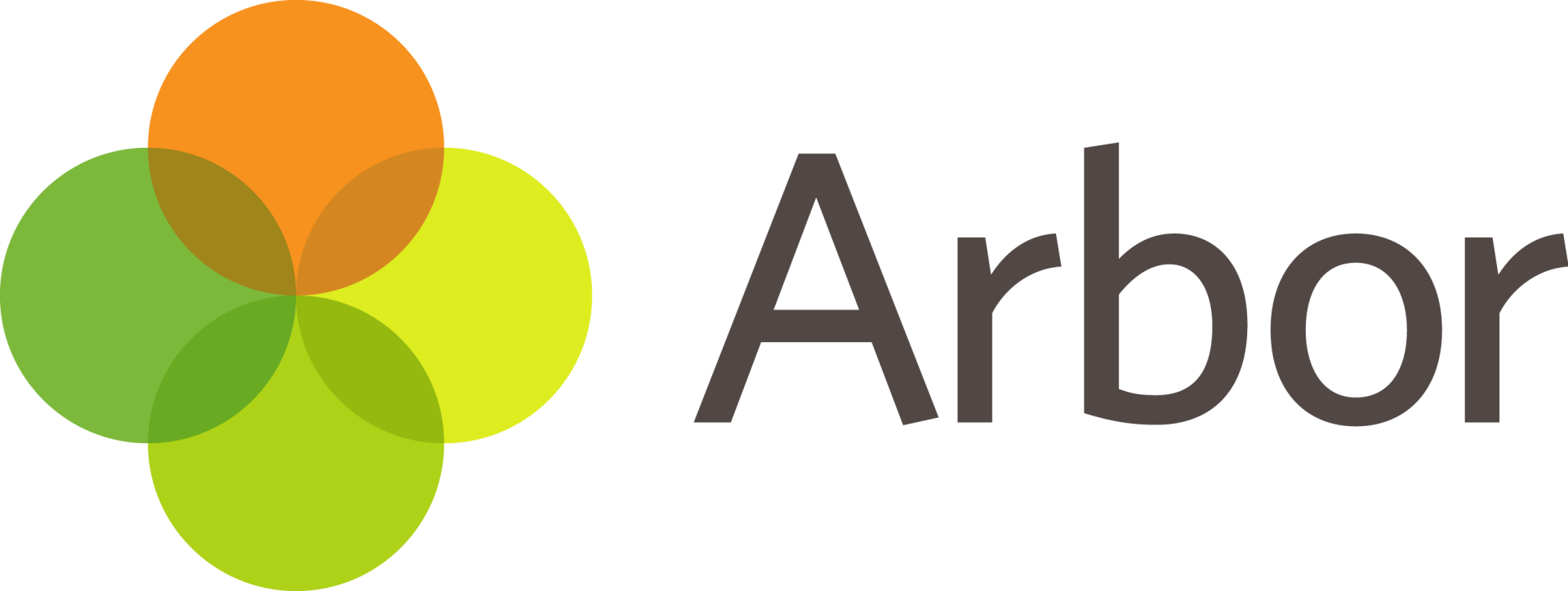Early Help and Family Support
Sometimes families need extra support, and you may hear about “Early Help” in meetings with our staff. Early Help means getting additional, timely, and practical support to children, young people, and families who need it as early as possible. It aims to enable children to flourish and to prevent costly, long term and adverse outcomes.
Levels of support
It is helpful to think about the different levels of support that families may need at other times.
- Universal
- Targeted
- Statutory, or Specialist
Universal
Universal support are services and provision open to everyone, such as:
- schools and colleges
- General Practitioners (GPs, or doctors) and dentists
- health visitors
- libraries
- leisure centres
- parks
- after school activities
- support from family or friends
Your child can attend or be seen by these without needing any specialist resources or assessment to seek help and support.
Universal Plus
CCP’s (Caring for Communities and People) Early Help team provide family support in three strands: individual family support, positive parenting courses and community groups (such as Stay and Play Baby Groups). Their aim is to work with families as early as possible and prevent escalation to higher level services.
They offer fully funded preventative family support for parents and children who are identified as 'Universal Plus' on the early help window. They offer positive parenting support, positive play and attachment, mentoring, school readiness support, behaviour technique support, child wellbeing and healthy lifestyles and family relationship mediation. See the Caring for communities and people website for more information.
 |
 |
Targeted
Targeted support is for children and young people (or their families) with multiple needs, who may need additional support to access services. They may also require support that is specifically designed to meet their needs.
To access some targeted support, a referral may be required. In some cases, you can self-refer.
This could include:
- educational psychology
- educational welfare
- specialist play services
- special educational needs (SEN) support at school
- support for young parents
What is early help then?
It is the initial response offered by all services in contact with children, young people and families when they need extra support to flourish. It’s not a specific service or team and is not an offer that education staff will automatically lead on. It’s an approach to working that brings together people from a range of different services and teams who will work with the whole family to help improve things for everyone.
Why we do it here?
The aim of Early Help is to build on the family’s capacity and resources to manage their own concerns and issues, resolve their own difficulties and hopefully prevent problems in the future. Early Help is a response which should be offered by all services who are in contact with children, young people and families when an unmet need is identified as outlined in Working Together to Safeguard Children 2018. When additional needs of a child, young person or their family are identified they are often best met from a coordinated, or ‘multi-agency’ approach.
We will consider starting an early help assessment if we cannot resolve the young person's worries and issues within the full range of universal provision and where our assessment shows that we need to get additional external support to help families. We will always complete an Early Help Assessment and Plan with the full consent of parents and carers.
You may hear of the following four things in relation to this approach:
- A lead person – this is ideally someone who is already known to your family, with whom you can build a trusted relationship with. They will coordinate any assessment and action plans, and will be your point of contact.
- A team around the family (or TAF) – the group of people that the lead person and yourself identify as needing to be involved with your support. This can include other agencies, but also people from within the family network.
Early Help Assessment and Plan – the lead person and the TAF will work alongside your child and the rest of your family to identify any strengths, worries and agree actions needed to meet the needs of your child. The actions agreed will be recorded in this plan. It will be regularly reviewed to monitor progress.
Information Sharing and Consent - safe information sharing is essential for the early help plan to be effective. Families will be actively involved in the plan, and will need to provide consent for information to be shared.

Statutory and specialist
These services are for children and young people with severe and/or complex needs, who are likely to require even more support than is available either through universal or targeted services.
These services are generally accessed following specific assessments to establish need, and check that the child, young person or family meets the necessary criteria. Universal services should remain informed and involved to ensure that children, young people and their families continue to receive ongoing support, regardless of whether the specialist service remains in place.
Examples of statutory or specialist services could be:
- Child and adolescent mental health services (CAMHS)
- Education, health and care plan assessment
- For disabled children, the 0-25 Disability Team
There is a higher level of statutory support for children with very complex needs, or those in need of protection. This may include:
- child protection services
- in-patient CAMHS services
- looked after children (also called children in care)
- For disabled children, the 0-25 Disability Team
What to do if you need help or support
If you need help or support, it can be useful to talk to someone who knows your child; for example a member of staff from our school, or perhaps a leader from any groups or clubs they attend.
National organisations such as Family Lives operate a confidential helpline where you can speak to an advisor for emotional support, information, advice and guidance on any aspect of parenting and family life.
This website, Find information for adults, children and families, provides a wealth information and advice, designed to help families understand what’s available in their local areas. You can browse the categories, or search for specific topics, such as childcare, youth clubs or support groups.
There is a dedicated area of the website, the SEND Local Offer, which contains information on help and support for families and children 0-25 with special educational needs and disabilities.
If you think you may need additional support, or you need to speak to someone about an issue or concern you are having with your child or family you can contact the Access and Response Team (ART). The ART team handle calls from the public, and will gather information about any concerns before assessing each case and determining the next appropriate steps.
You can contact the ART team on the following numbers:
01454 866000 ‐ Monday to Thursday 9am ‐ 5pm
01454 866000 ‐ Friday 9am ‐ 4.30pm
If you are concerned about the safety of a child, call the following numbers:
01454 866000 ‐ Monday to Thursday 9am ‐ 5pm
01454 866000 ‐ Friday 9am ‐ 4.30pm
01454 615165 ‐ Out of hours and at weekends
In an emergency always ring 999
Further information
The Early Help Strategy sets out the vision and strategic priorities for Early Help in South Gloucestershire for the period 2019 to 2024.
Caring for communities and people (CCP) is supporting South Gloucestershire Council to provide Early Help to communities, families, and parents. For further information visit the Caring for communities and people website.



